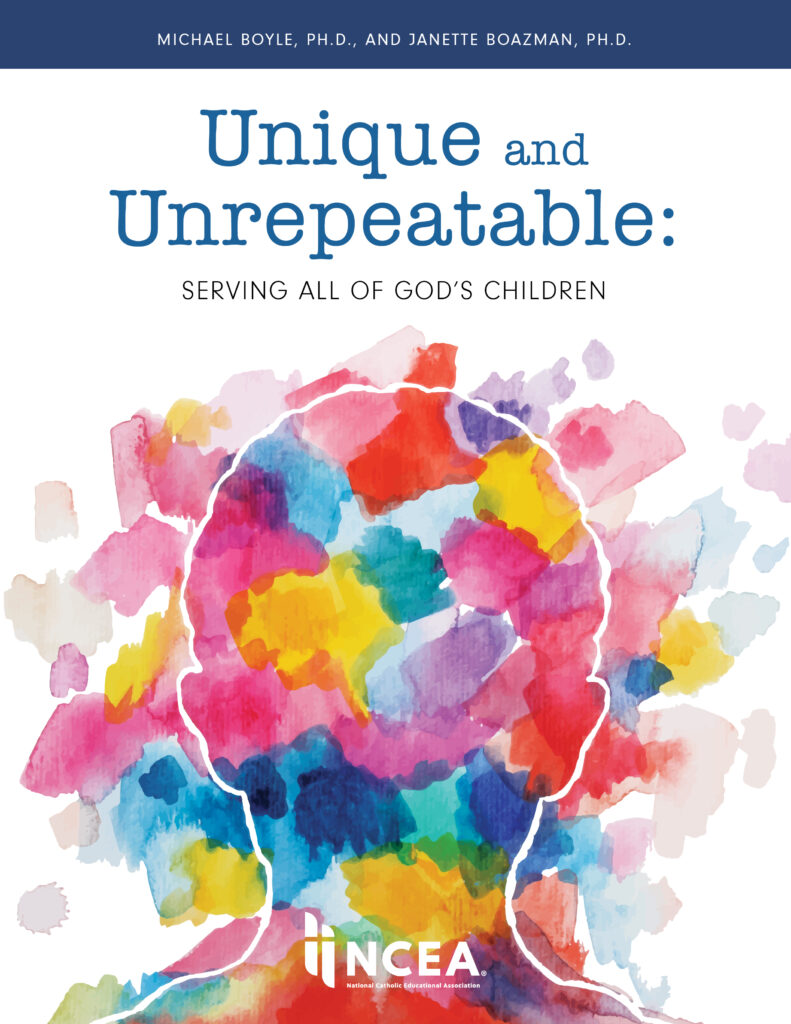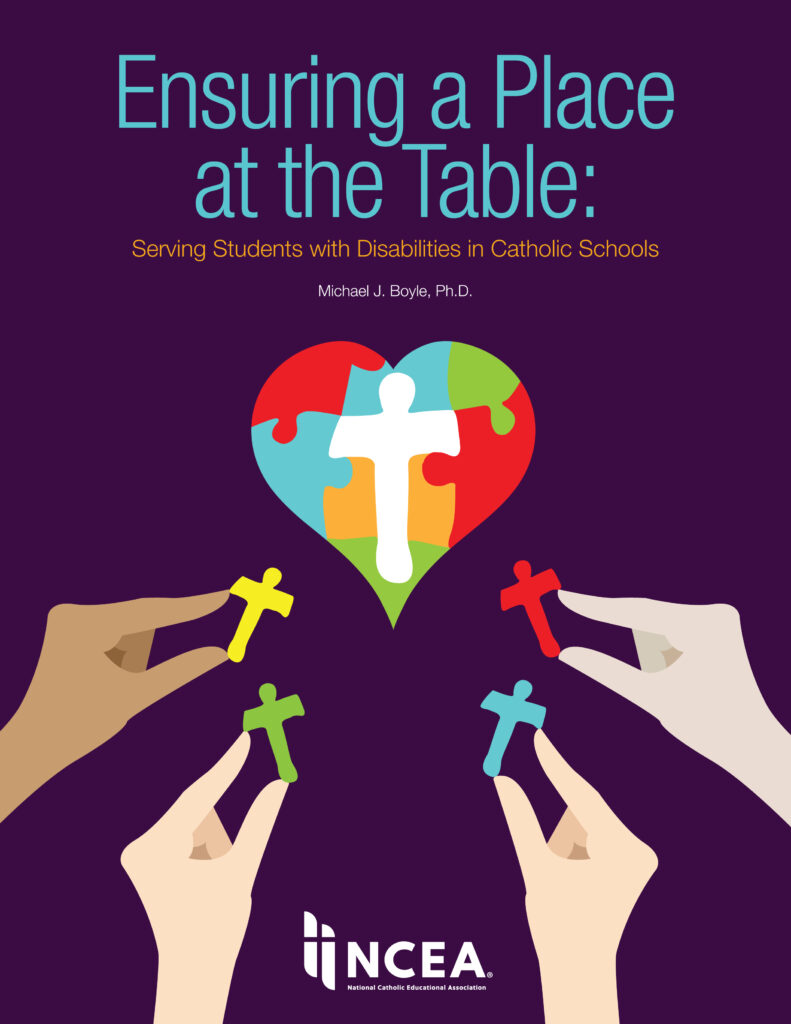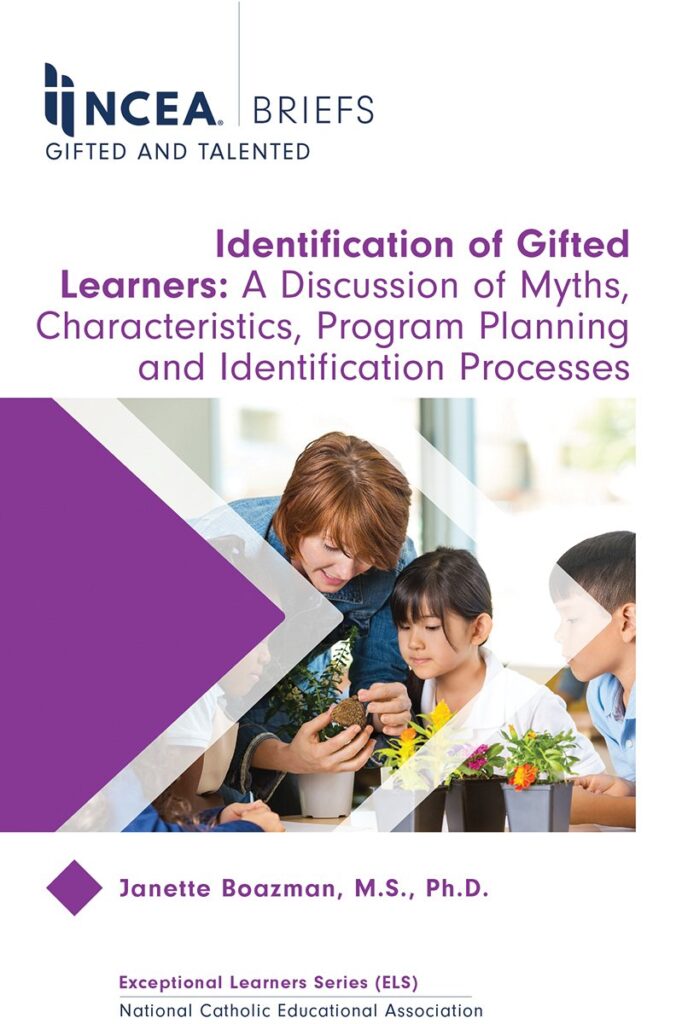Written by Janette Boazman, Ph.D., jboazman@udallas.edu, and Michael J. Boyle, Ph.D., michael.boyle@slu.edu, co-authors of Unique and Unrepeatable: Serving All God’s Children
Pope St. John Paul II proclaimed that every individual is “unique and unrepeatable,” a truth that Catholic education must reflect in both mission and practice. Catholic education is grounded in this understanding, calling schools to nurture the God-given potential of every student. This mission extends beyond preparing students for success in this world; it encompasses the essential goal of preparing them for eternal life with God. For Catholic schools to fully live out this mission, they must embrace all students, especially those on the margins, and ensure that every learner is welcomed, valued and supported within the Catholic learning community.
Beyond Development for This World
Catholic education is distinct in its dual focus on human and divine formation. Students in Catholic schools are not just being prepared to contribute meaningfully to the world but are also being formed for their ultimate destiny: to live with God for all eternity. To achieve this, Catholic schools must prioritize the full development of every student, equipping them with the knowledge, skills and spiritual foundation necessary to fulfill their earthly purpose and eternal calling.
When students with exceptional needs—those with disabilities, giftedness or unique learning challenges—are excluded from the Catholic school community or are inadequately served, the school’s mission remains incomplete. These students, created in the image and likeness of God, are integral to the Catholic school community. Their inclusion is not a matter of convenience or compliance but a reflection of the gospel imperative to see Christ in every person.
Catholic Social Teaching and Inclusion
The principles of Catholic social teaching offer a moral framework for understanding the importance of inclusion. Two principles are particularly foundational to serving students on the margins:
The Life and Dignity of the Human Person: Every human being possesses inherent dignity and worth, created in God’s image. This principle compels Catholic schools to affirm the value of every student, regardless of ability, and to create a learning environment where all can thrive.
The Option for the Poor and Vulnerable: Students with exceptional needs are often among the most vulnerable members of the school community. Whether struggling with disabilities or navigating the challenges of giftedness, these students require tailored support to ensure their growth and success. Catholic schools, following Christ’s example, must prioritize their needs and advocate for their full inclusion.
The Body of Christ in Catholic Schools
The Church teaches that all members of the Body of Christ are essential (1 Corinthians 12:14–26). The Body of Christ is one, yet made up of many members, each with a unique purpose. When one member is excluded, the Body is incomplete. Similarly, when students on the margins are excluded from Catholic schools, the entire community suffers.
Students with exceptional needs are not just beneficiaries of inclusion; they contribute to the richness of the school community. Their presence challenges their peers and teachers to grow in empathy, compassion and understanding. Inclusion helps form an incarnational worldview, fostering a deeper appreciation for the diversity of God’s creation and the interconnectedness of all people.
Mirroring Christ’s Love
Throughout His ministry, Christ sought out the marginalized, offering them healing, dignity and belonging. Catholic schools are called to mirror this love, ensuring that all students feel valued and included. Inclusion is not just about providing access; it is about creating a culture of belonging where every student can grow academically, spiritually and socially.
This mission is not without challenges. Teachers and administrators may face obstacles such as limited resources, time constraints and resistance from some members of the community. However, the gospel compels Catholic schools to persevere in their commitment to serve all students, trusting in God’s grace and the Church’s teachings to guide them.
A Mission Fulfilled
Inclusion is at the heart of the Catholic school’s mission. By embracing students on the margins, Catholic schools fulfill their purpose of forming the whole person and preparing every student for their earthly and eternal destinies. When schools welcome all learners, they reflect the love of Christ and demonstrate the Church’s commitment to building a more inclusive and just society.
This sacred responsibility requires courage, creativity and collaboration. Catholic schools must continue to develop inclusive practices, ensuring that no student is left on the margins. In doing so, they not only honor the dignity of every learner but also build stronger, more vibrant communities where all members of the Body of Christ can thrive.
Let us recommit ourselves to this mission, knowing that in serving the marginalized, we draw closer to Christ and bring His love to life in our schools.
Want to learn more?
Visit the NCEA Store to read more from these authors, including their latest release.

by Michael Boyle, Ph.D. and Janette Boazman, Ph.D.


